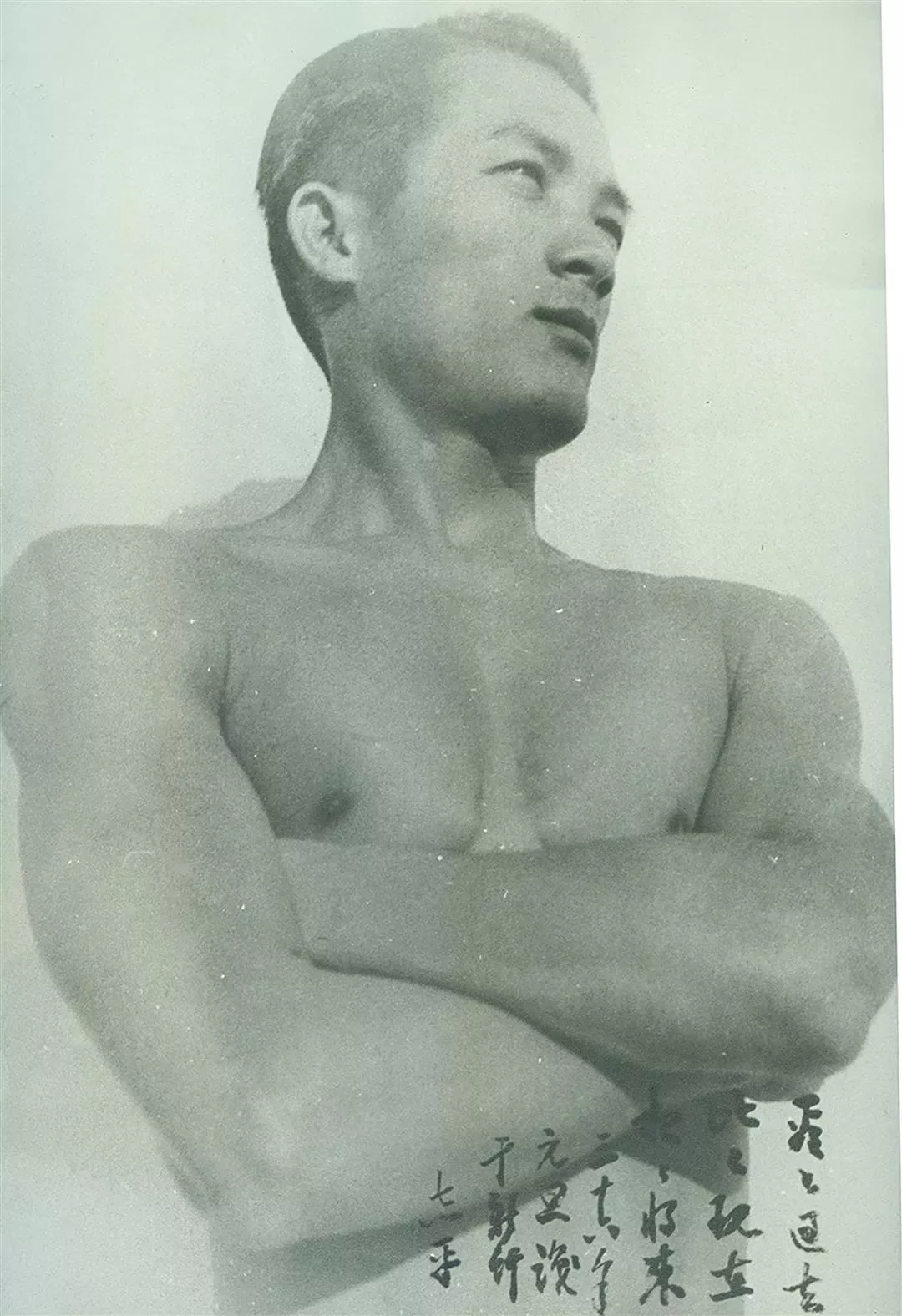Cultivating democracy among students
When Hsinchu Senior High’s most famous alumnus, Lee Yuan-tseh, donated a replica of his Nobel Prize medal to the school, he did so to mark his gratitude for the education he recieved there. Hsin Chih-ping was one of few principals in Taiwan to eschew the mainstream emphasis on examinations and testing into higher levels of education. Instead, he made a more holistic view of education his life’s work, emphasizing moral, social, physical, and aesthetic education in addition to intellectual education.
“When Principal Hsin was at Hsinchu Senior High, he also taught basically everything except science,” says current school librarian Huang Dazhan. “At first the school only had two classes, about 100 people, and he remembered every student’s name and got along with everyone.” Hsin was also a passionate sportsman, Huang recalls, often playing basketball with students and always being first to jump into the pool at swimming meets.
He wasn’t all fun and games, though. Hsin required every student to swim at least 25 meters and complete a cross-country run over Shibajian Hill before they could graduate. Some students were even kept back, Huang says, because their grades weren’t good enough in art, music, or physical education. In the end, though, it was thanks to Hsin’s insistence on a comprehensive approach to education that the school produced so many outstanding conductors and writers, several of whom discovered their love of their chosen art at Hsinchu Senior High.
The school has its own museum, which displays a variety of information on Hsin. Huang points to the stage in the museum, which was where the school’s renowned student meetings were held. Each month, the school would hold a meeting with a chair elected by the student body, and the principal and a few senior teachers sat down below the stage to hear the student’s opinions.
These meetings were no-holds-barred affairs, with virtually all topics fair game. Students brought up questions from “Why does the school want walls around the campus? Aren’t we supposed to be advocating for openness?” to “At morning exercises, the principal just paces back and forth, watching. We want him to join in!” or even “Whenever we’re late we’re told to go stand in the hallway and to write a letter of apology. The principal has been late a lot recently. Shouldn’t he be punished too?”
With all these challenges to the authority of the school and the principal, at any other school—especially back in the days of martial law—the students would surely have been disciplined, but Hsin always listened attentively and responded thoroughly no matter what. While he couldn’t make decisions on the spot, he always promised to address the issues raised and to respond at the next monthly meeting.
“When the next principal took over, after attending his first meeting he said with amazement, ‘That was like a [communist] struggle meeting!’” According to Huang, many alumni have said the experience of those meetings changed how they saw the world. “Principal Hsin always believed that it took courage to stand up and accept criticism, and that by giving the students the power to organize the meetings themselves, he was helping cultivate their sense of democracy.”

When he came to Taiwan in his thirties, Hsin Chih-ping was a strapping young man. (courtesy of Hsinchu Senior High School Museum)